How Moleskine CEO Daniela Riccardi Inspires Dreamers
Learn about the trailblazer's approach to success.
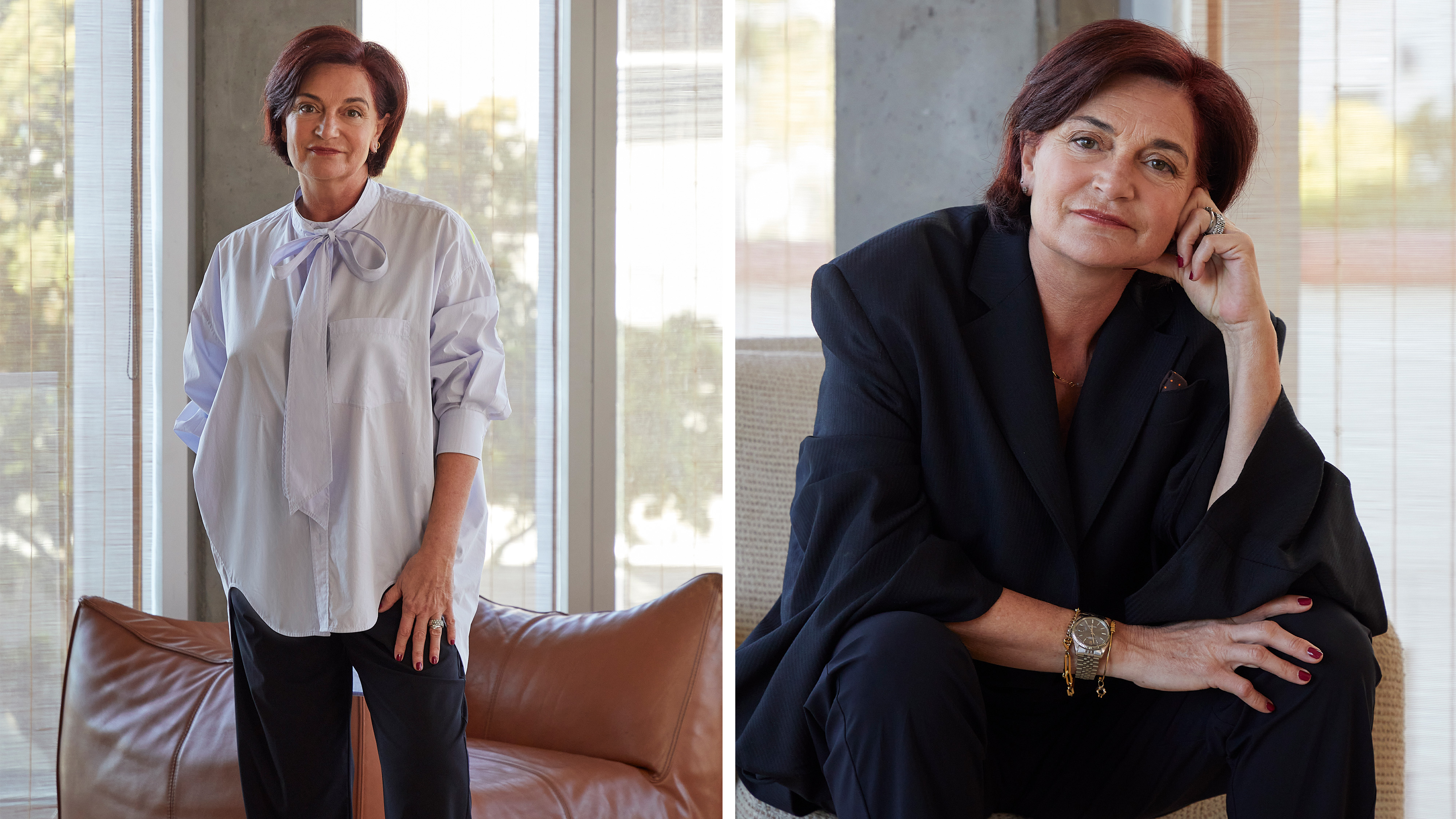
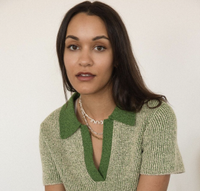
When was the last time someone told you to "dream a bit more"? In a world where people seem consumed by their jobs, how much money they make, and how high up the ladder they can climb, it's hard not to get caught up in the hustle of it all. But Moleskine's visionary CEO Daniela Riccardi urges us to reclaim our dreams. Her steadfast belief in the power of possibility has taken her to heights that she couldn't have imagined for herself. As the first European woman to lead Procter & Gamble, the former CEO of Diesel and Baccarat, and the current CEO of Moleskine, Riccardi has had a career nothing short of captivating.
For Riccardi, there are no limits to what she can achieve. Between building a boutique hotel—Casa al Sole—on the picturesque island of Ischia, Italy, simply because she craved a sanctuary she couldn't find elsewhere (yes, really) and courageously walking away from a job because of gender discrimination, her journey has been a testament to her unwavering determination. At Marie Claire's Power Play event in March, I had the privilege of spending time with Riccardi. We talked, we danced (she is an incredible dancer—more on that later), we laughed, and I learned about her remarkable story. Discover the insights and inspiration from our enlightening conversation below.
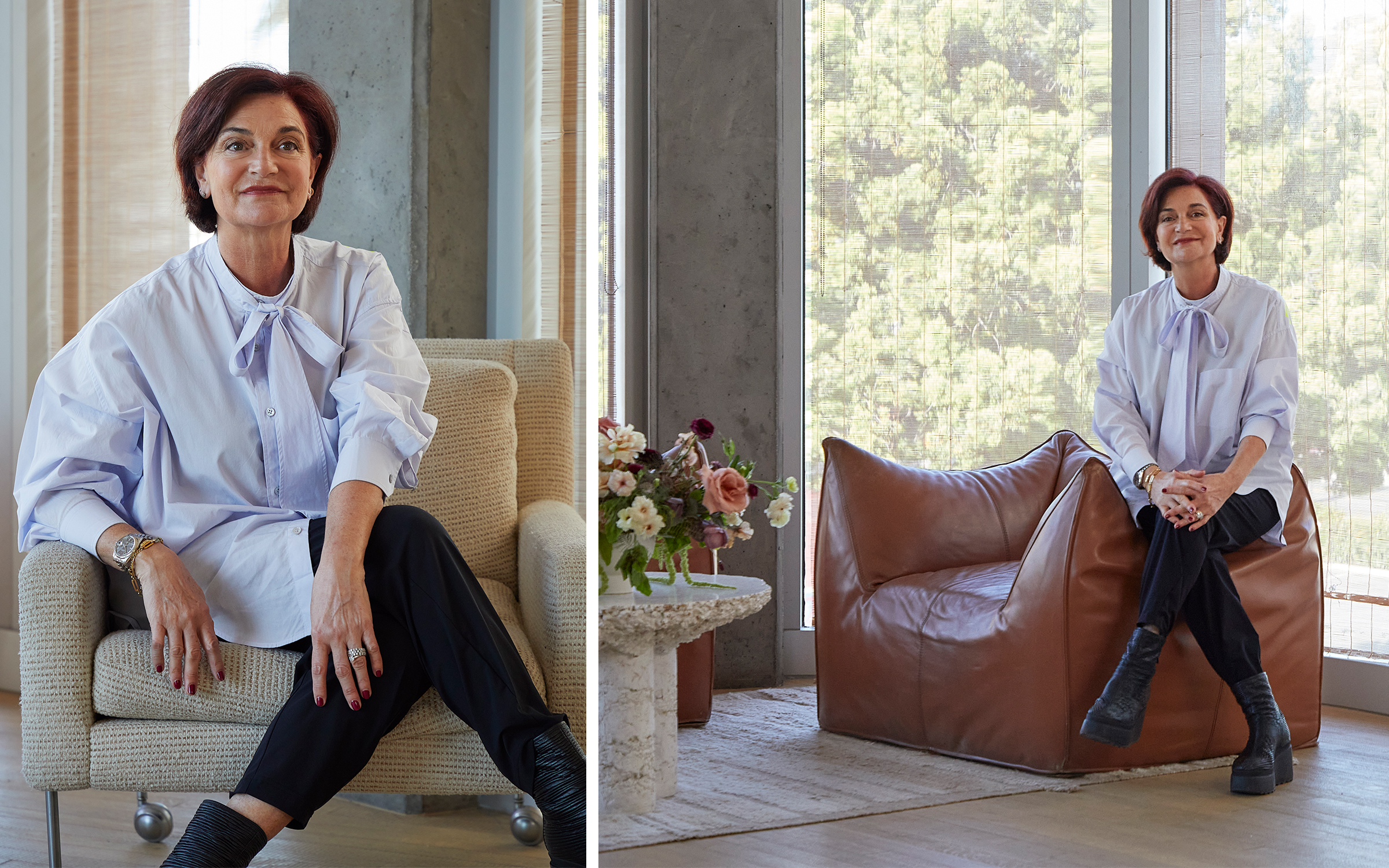
Marie Claire: Your career has spanned diverse categories from fashion to luxury goods to consumer products. How has this breadth of experience shaped your leadership style and approach to business?
Daniela Riccardi: I started at P&G, and it was great, but it wasn't easy—it was tough and demanding. There weren't many women there when I started, but it was a great starting point. After I was with P&G for 25 years, I said to myself, "Am I going to do this for the rest of my life, or should I challenge myself and see if I can bring value and run businesses in different environments?" So I did a 180-degree change to Diesel and then moved to Baccarat. Both were private companies and completely different experiences. And to be very honest, after seven years at Baccarat, I was going to leave my executive career. I had opened Casa al Sole and wanted to focus on that. I had lived all over the world—Brussels, Bogotá, Mexico City, Caracas, Moscow, Paris, and China—and I thought it was time to slow down. I had already packed everything to go back to Rome, my home city, when I got a call about an opportunity at Moleskine (an Italian brand), and well, I ended up taking it.
When I talk about leadership with people, I tell them to broaden their horizons. Work in different places, and live in different countries. Particularly when you're young, making money should be your last priority. Your first priority should be to learn and learn and learn. I'm turning 64, and I'm still learning. It would have been difficult for me to lead organizations if I hadn't learned what a sense of purpose means for different people, their jobs, their role in the company, and their mission in life.
MC: As the first European female president of P&G, you marked a significant milestone for the company. How did your experience in this role influence your leadership roles that followed?
DR: At P&G, I was in charge of Greater China, which was the engine of growth at the company. It was 8,000 people—I mean, a huge business. However, the first time I was in Cincinnati at the P&G headquarters, I was in the elevator with one of my American colleagues, and she asked me how I felt being a minority. I had never heard this word. She was referring to the fact that I was a woman, but I had never been called a minority by anybody. Growing up, I always believed I could do any of the same things men could do. When I interviewed at P&G, they asked me if I was prepared for "this life." They expected me to give up hope of having a husband, having children, having a life. I was 25, and I wasn't thinking about marriage or children. But I told them honestly that if I wanted to do it, I would be able to. They thought I was naive. But I guess I proved them wrong. At P&G, diversity and female growth are part of the strategy, but I had bosses who didn't quite believe that. I had a boss who didn't believe I could do my role because I was a new mother and pregnant. After multiple comments that he made, I decided to pack my bags. I wrote to the CEO of the company that I couldn't work somewhere that treated women like that. As I was sitting at lunch with my 18-month-old son, I got a call from the CEO asking me to take my maternity leave and return. Soon enough, that boss of mine was fired. You can't be afraid to speak up and be who you are.
I never felt threatened in a male-dominated industry. I've always been very feminine. I remember the first week of work, I showed up in a blue blazer, a yellow flowery shirt, and a yellow skirt. Another girl in the same office was dressed in a suit and tie. She couldn't believe I could wear such a thing. But I never compromised anything. I didn't compromise marriage or children. I didn't compromise traveling the world because I have a fabulous husband who comes with me everywhere. And I know that it's not the same for everybody. But I do believe that the difference is in us as individuals. To have this belief and this confidence is something I value.
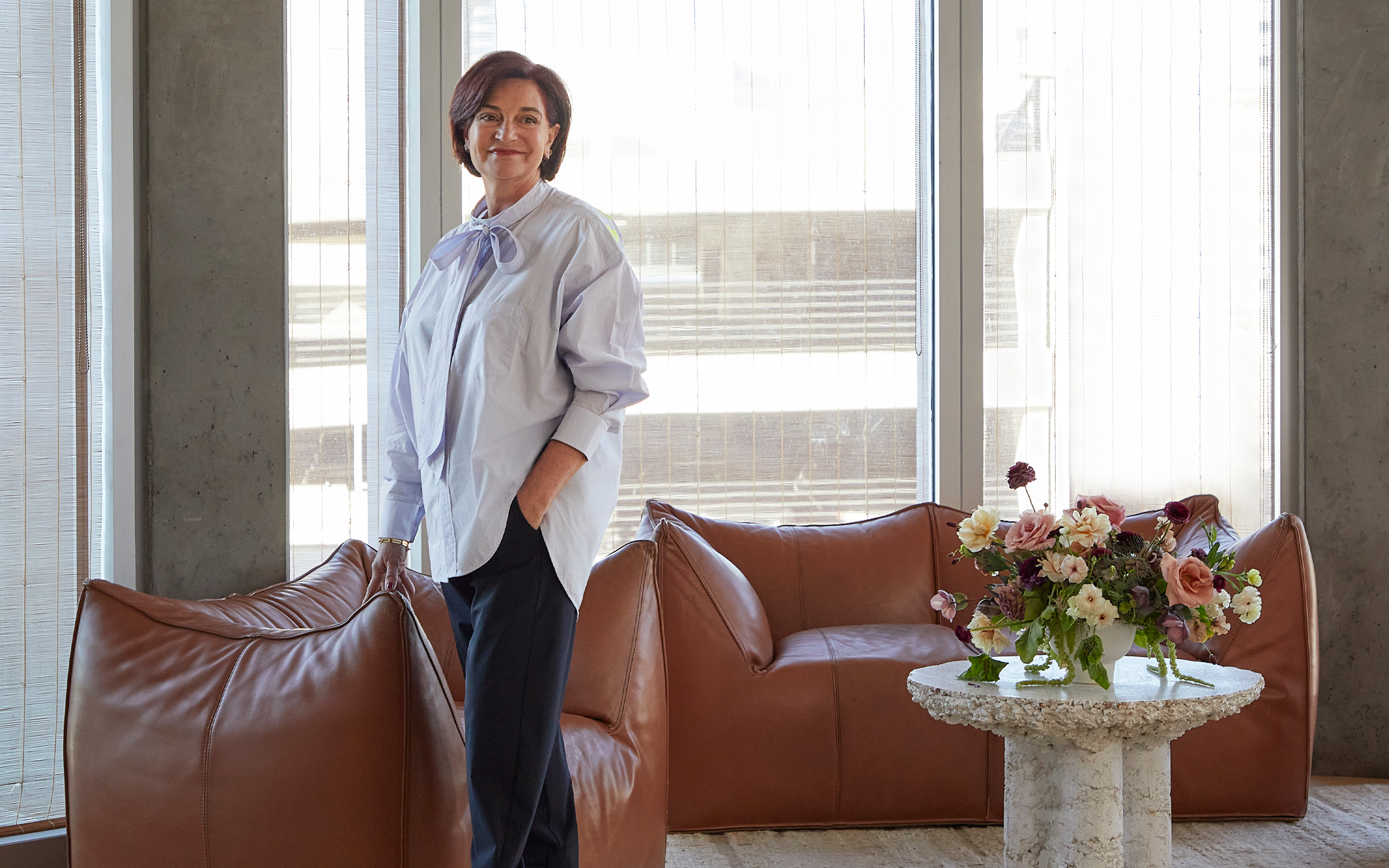
MC: What advice do you have for aspiring female leaders in male-dominated industries?
DR: Don't be afraid. I was never afraid. I had a phrase: You are free to fire me at any time. And this freedom was not because I didn't need to work. I just never would have compromised anything in my life for a career. I never had the ambition to be a CEO. It almost happened by mistake. Until I was 20, my life was dance. I studied to be a ballet dancer. I didn't even know what CEO meant. I had the ambition not to be boxed in by anything, so I studied political science, I applied to P&G, and I didn't even know why they hired me! So when I got it, I had to believe in myself, like, "Yeah, I can do it. I will learn." And little by little, things happened.
Get exclusive access to fashion and beauty trends, hot-off-the-press celebrity news, and more.
MC: As a leader of so many companies, you must have had moments that required decisive action. Can you recall a challenging decision you encountered in your career? How do you navigate through uncertainty and pressure?
DR: You just heard one: when I almost left P&G the first time in my early career when my boss made the comments. I was so determined, and it was not an easy choice. It took courage, but I had my baby, and my life was more important than all these things. Another major decision was officially leaving P&G after 25 years. I had no reason to leave. When you get to a certain level, of course, the company really only has one position at the top. The company was thinking about me as the next female chairman. And still, I left. I needed a change in my life. I owe everything to P&G. I had amazing bosses and bad bosses, and I learned from both of them about how I wanted to be as a leader. But back then, it was a tough decision to leave. I was in a perfect situation, but it was because of that—I felt like there were no more challenges for me. I felt like everything was predictable. But these are the courageous decisions you have to make in life.
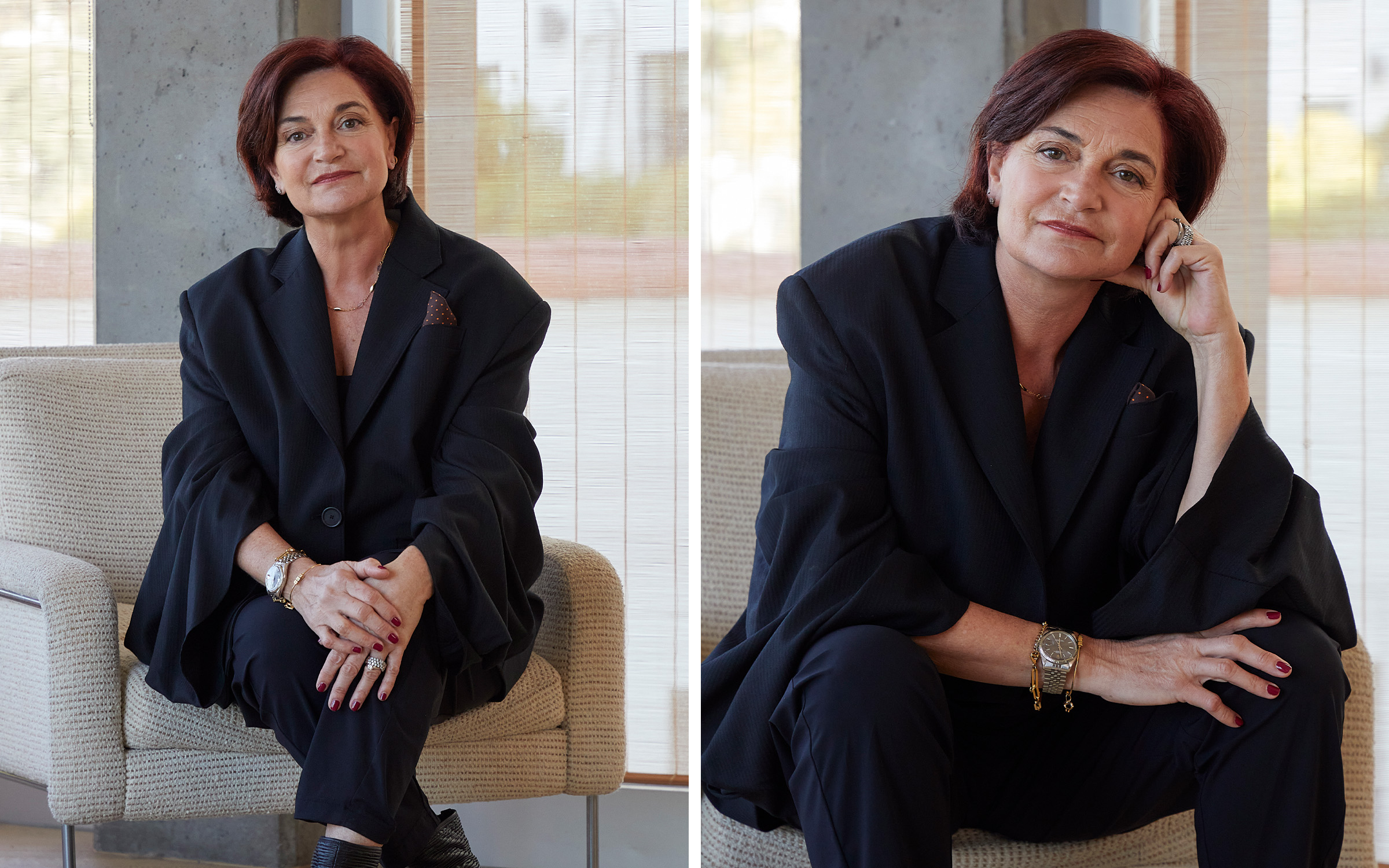
MC: In an era where work-life balance is highly valued, how do you prioritize your well-being with the demands of leadership roles at high-profile companies?
DR: I dance! I kept dancing even when I left the ballet academy in Rome. And when I was in Russia, I took classes at the Bolshoi Theatre. I would leave the office and be out until 10 p.m. at dance class with my pointe shoes. I started dancing salsa and bachata, too—I created a P&G salsa team! I dance every day, and I taught ballet to my daughter Cecilia's classmates. It was fun.
MC: Can you share a personal mantra or philosophy that has guided you through your career?
DR: Follow your dreams. Never give up on your dreams. People get so concerned about careers and money, but it's much easier and more productive if you go for a dream instead. My mom lost her father when she was 10 or 11. She was a dreamer, and she used to dream with her father. When he died, she had to help with my grandmother and make compromises. She couldn't go to university. And I told her my dream was not to make any compromises. I will do it myself, no matter how. And even if what happened to my mom happened to me, I would find a way. So we need to teach people to dream a bit more. When I'm coaching young people, I often ask them, "What is your dream?" And they can't tell me anything. They don't know how to answer. I say, "Rather than ask me to give you advice on your next job, spend a bit of time dreaming—where would you dream yourself to be? That will help me coach and advise you on how to get there." A job is decent, but jobs—where do they lead? To more jobs, more money, more titles? Is that it? That's the dream of your life? Hopefully, the dream can be bigger and broader. Just dream.
This interview has been edited and condensed for clarity.
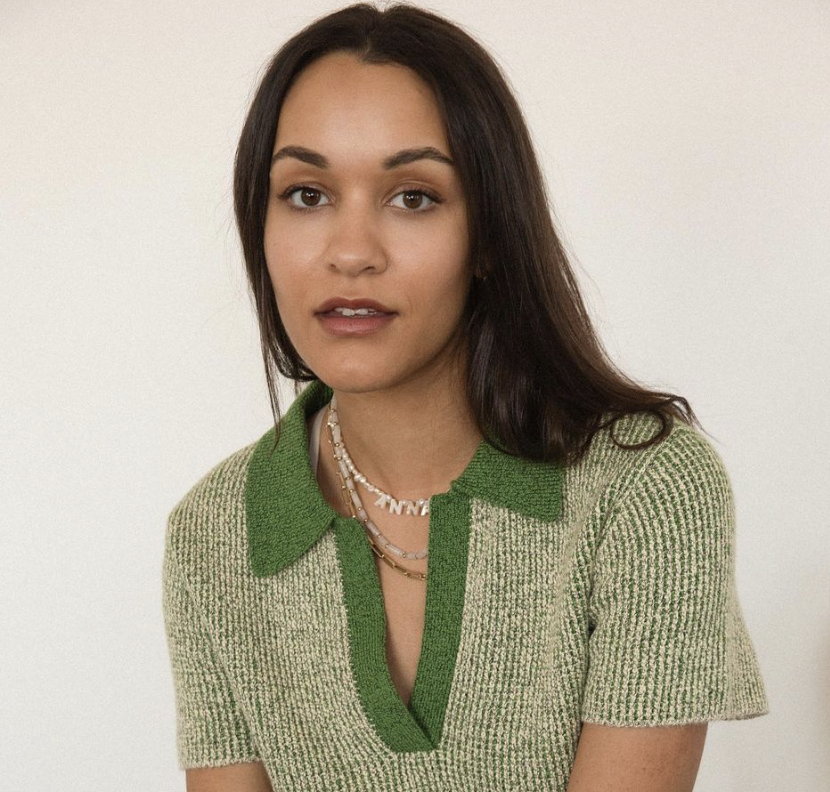
-
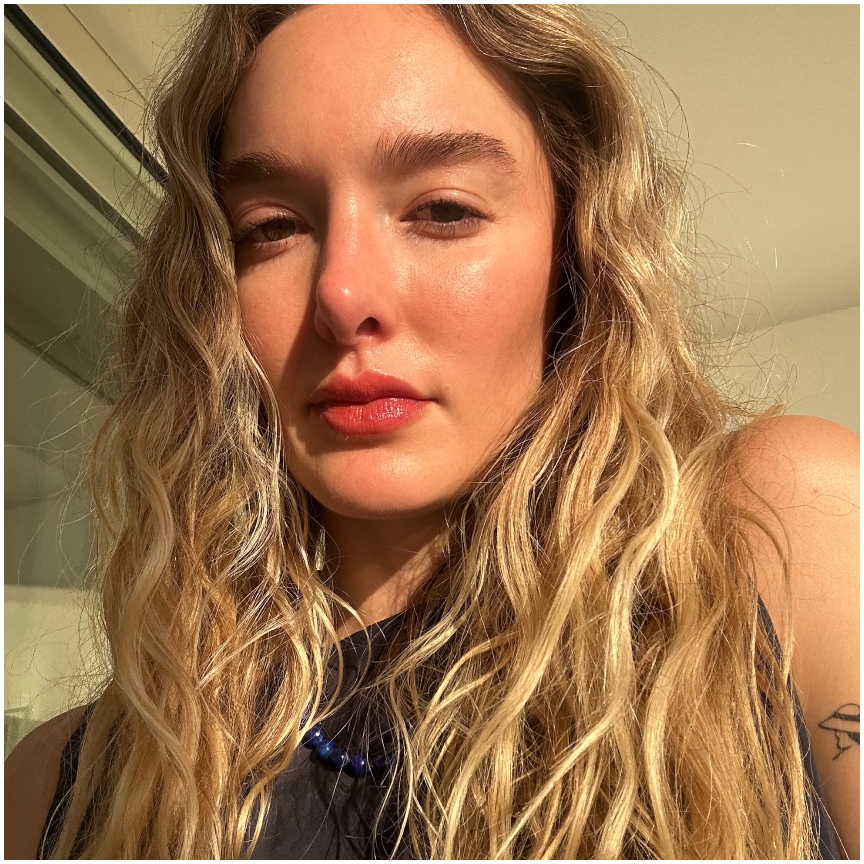 The Secret to My Faux Face Tan Only Costs $16 and Is Perfect for Lazy Girls
The Secret to My Faux Face Tan Only Costs $16 and Is Perfect for Lazy GirlsTrue bronzed goddess status.
-
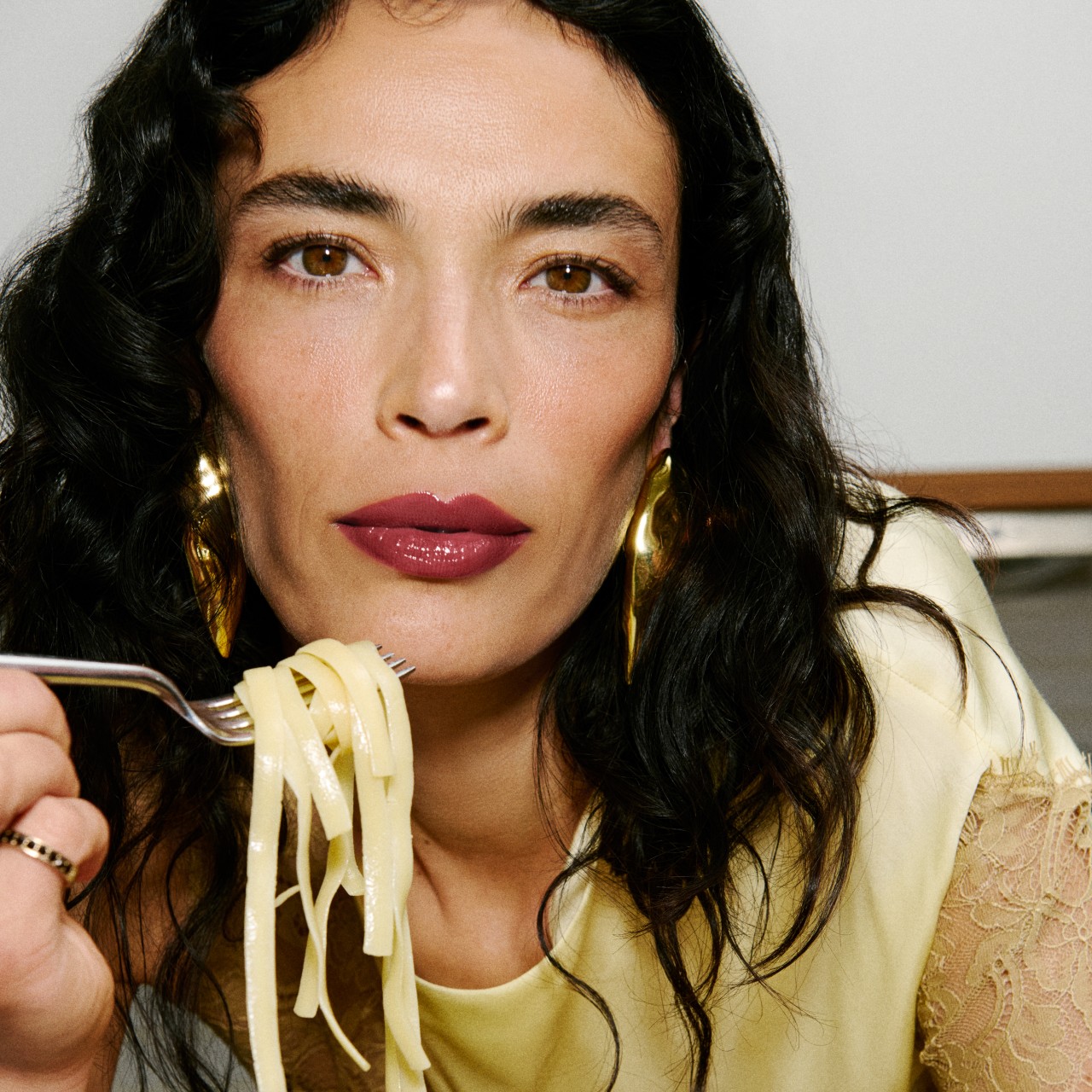 My 56-Year-Old Mom and I Can’t Stop Fighting Over This Cushioning Lip Gloss
My 56-Year-Old Mom and I Can’t Stop Fighting Over This Cushioning Lip GlossThis texture is elite.
-
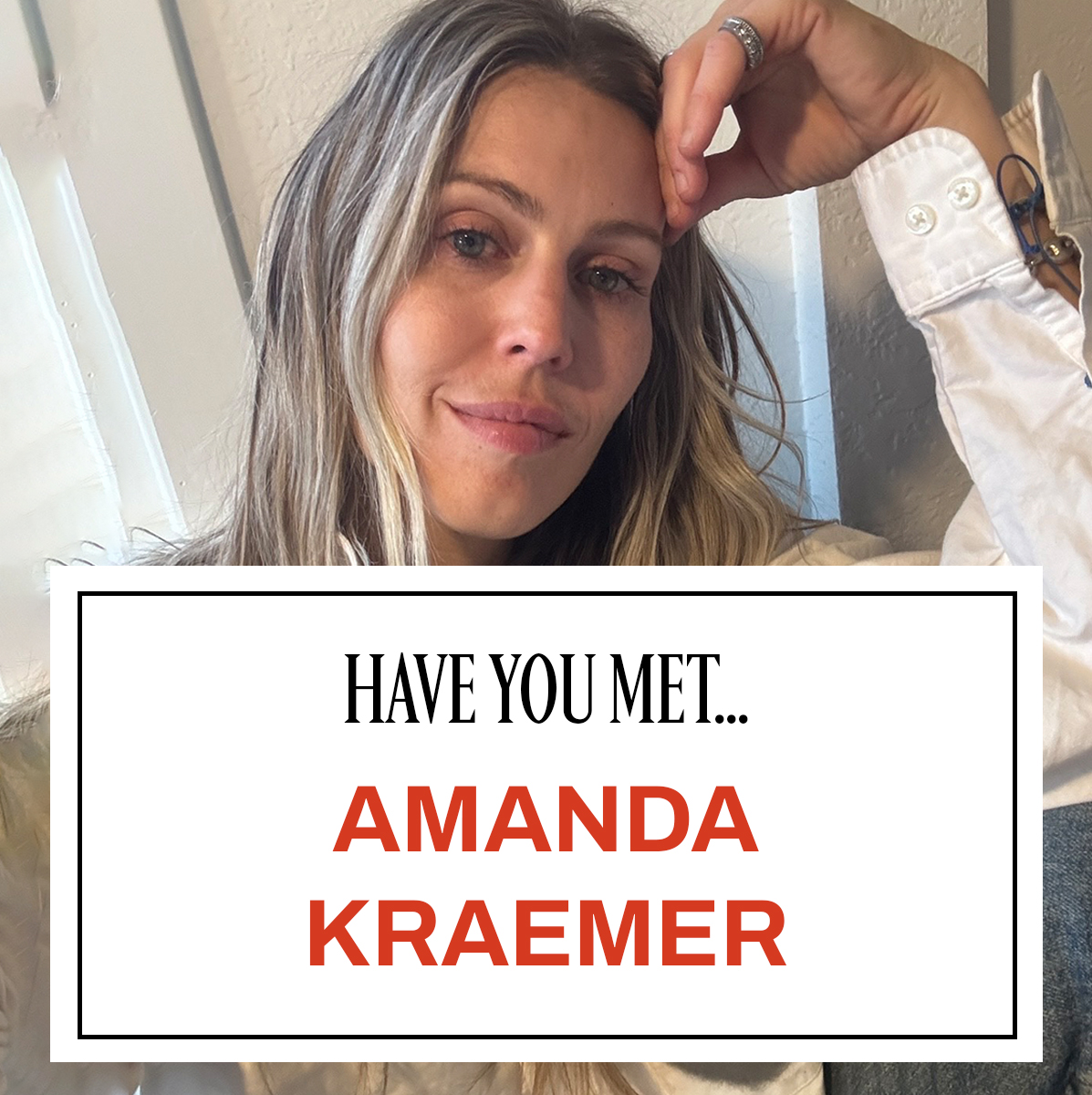 Amanda Kraemer’s Dream Pieces Aren’t Just for the East and West Coast Crowds
Amanda Kraemer’s Dream Pieces Aren’t Just for the East and West Coast CrowdsThe Land’s End global creative director is reimagining universally wearable classics for everyone.